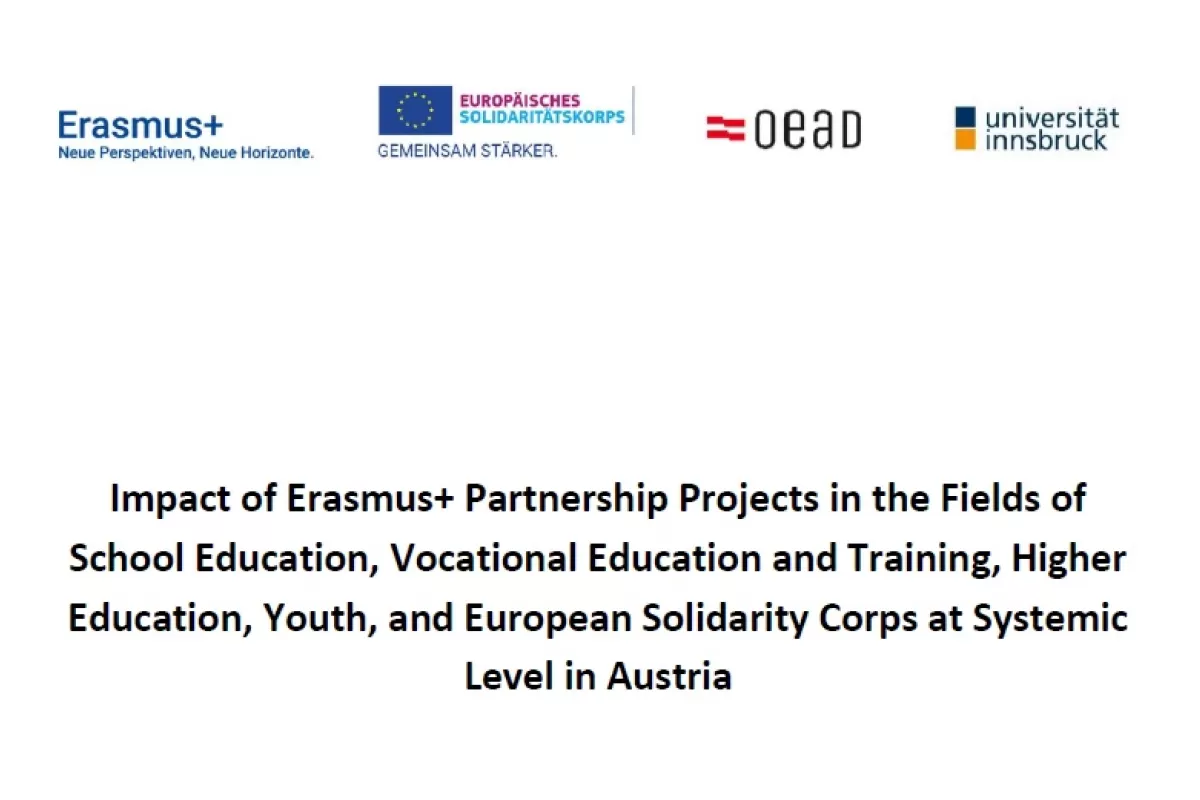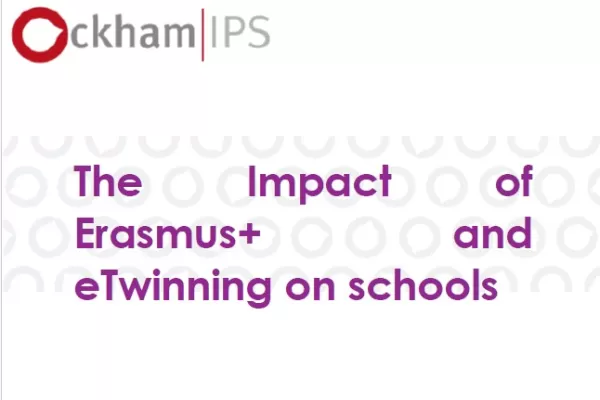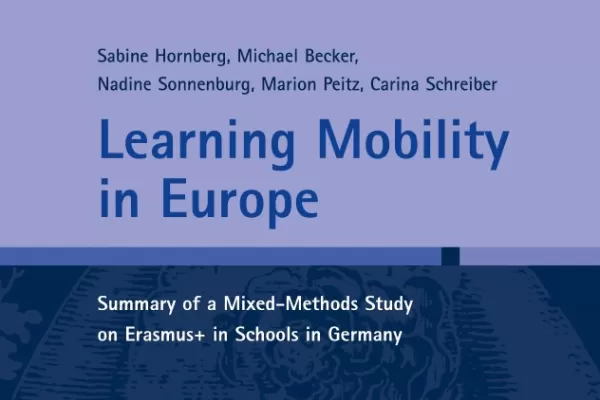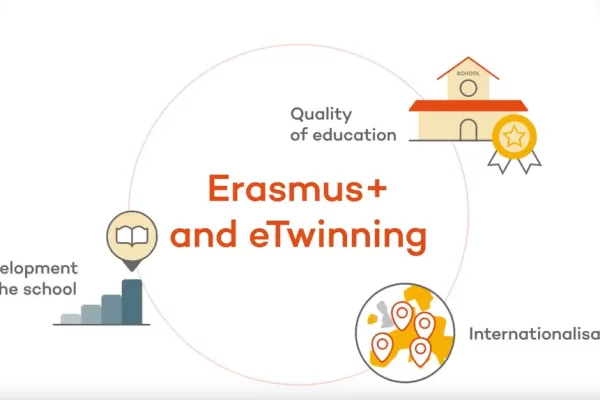Resume
According to the respondents from all Erasmus+ education fields and the Erasmus+ youth field, Erasmus+ partnership projects lead to impacts at individual, institutional, and systemic level, largely elicited by the innovation-boosting Europe-wide cooperation. This results in reciprocal effects between the interconnected impact levels. The level at which the impact is strongest in each case depends on factors such as the project topic, the project objectives, the project size, the size and professionalism of the project organiser, the organisation implementing the project, and the project partners. The systemic impact is also influenced by the degree of formalisation of the education fields, whereas impacts at individual and institutional level are less dependent on this and are achieved in all areas.
It is easier to quickly react to social developments in the non-school-based youth sector and in adult education because they are generally not subject to drawn-out decision-making processes. Accordingly, systemic impact is often observed from partnership projects in the youth sector. Indeed, in the absence of other financing options, partnership projects are considered an indispensable instrument for achieving systemic impact in this field. However, high staff turnover and a high percentage of volunteers partially impede the achievement of systemic impact.
Conclusions
- Having staying power and plenty of time are important as impact requires long-term thinking.
- Importance of conscious intention to achieve systemic impact and to define clear and realistic project goals during its planning.
- Importance of a project topic that involves a concrete or even urgent need for action
- A high subject matter expertise.
- Visionary and dedicated project participants.
- Strategic selection of the European partners.
- To include experts for marketing, social entrepreneurship, and project management.
Recommendations
- Work towards reducing bureaucracy.
- Consciously pursue systemic impact through partnership projects.
- Develop models and strategies for achieving systemic impact.
- Make the knowledge of experienced project organisers useable for others.
- Gear partnership projects towards the specific characteristics of the given educational field.
- Communicate, market project results professionally and disseminate project results in a highly field-specific manner.
Downloads
- Impact of Erasmus+ Partnership Projects 1MB / pdf Download
More information?
Looking for more information about this project? Get in touch: valorisierung@oead.at.




